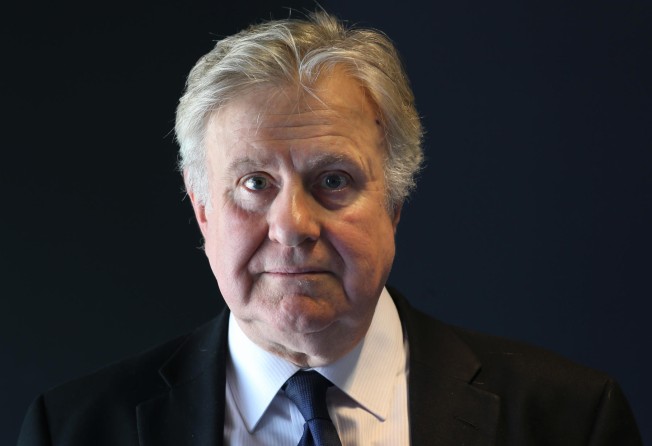Guilty or not, all clients deserve detached legal representation free from prejudice

I am often asked how I feel about representing a client who I "know" is guilty. My stock answer is that I prefer it. If I represent someone I think might be innocent the pressure I feel is enormous and can be debilitating. What if I do my best and still an innocent person is wrongly convicted? In my youthful, more idealistic days such matters would often lead to sleepless nights.
After years of experience, I do not think about whether my client is guilty at all. It is not for any lawyer to decide. A prosecutor should only prosecute based on the admissible evidence available. A defence lawyer's duty is to handle the case in exactly the same way. Serious criminal cases are often about more complex issues than simple guilt or innocence.
It is not a lawyer's duty to be a moral, political or social advocate for the client. A lawyer usually does his or her best by acting, advising or considering points of law and evidence from an objective standpoint. What a client needs and should receive is a high degree of professionalism. That means the proper application of forensic ability consistent with professional rules and ethics. This is important in that, for example, the financial rewarding of a lawyer should make no difference to how he or she approaches and deals with a case. For most clients, it is better to be represented by an objective but competent and vigorous lawyer than someone with a seemingly close, sympathetic attitude but who is not able to represent the client with the same degree of competence and enthusiasm.
Many clients I have represented were dragged into some criminal enterprise because of naivety, chance or some impulse causing them to behave in ways they would not normally, and for those individuals I have had sympathy. But a client cannot expect a lawyer to be a simple mouthpiece or a shoulder to cry on. I might be in agreement with political demonstrators, but my legal advice and advocacy would be objective and within sensible parameters. They should expect nothing other than professional, detached representation.
However, clients should also never be treated with contempt, indifference or exploitation by their lawyer. This is one reason why there are professional rules. But the rules cannot always cover every possibility. I came across a situation a few months ago which caused me real disquiet. A former student of mine proudly told me he was doing an internship with a solicitor who was a Distinguished Professional Mentor in a scheme run by the institution he was studying with. He told me he was going to court the next day for the results of a psychiatric report on a client and that his so-called "mentor" had assured him "all" defendants with possible mental issues were "fakers". I was shocked and depressed at such a bigoted and ignorant attitude. I do not know how "distinguished" this person is - no one I asked had heard of him. But if this is his attitude he is of dubious value as a mentor. This is not professional detachment; it is unprofessional prejudice.
Andrew Raffell is a barrister who has practised criminal law in Hong Kong for over 25 years